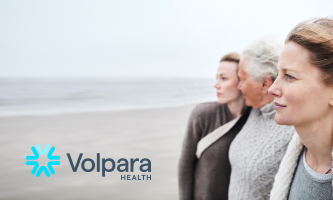Breast cancer cases are rising in young women.
Breast cancer is on the rise in women under 40. Medical societies are recommending that risk assessment be performed at age 25 so that more women can get on the right path to prevention or catching their cancers earlier. Now is the time to make risk assessment a standard and essential stepping stone to adulthood.
Cancer was for older people. Not anymore.
What young people need to know about breast cancer
What do the experts say?
A risk-stratified approach is recommended by a diverse group of organizations.
Average-risk screening guidelines are failing
More young women are being diagnosed in their late twenties and thirties before mammography even starts for average risk women.
These cancers tend to be diagnosed at later stages and are usually more aggressive.
On average women aged 21–44 are diagnosed at Stage II, whereas women aged 45–64 are most commonly diagnosed at Stage I.
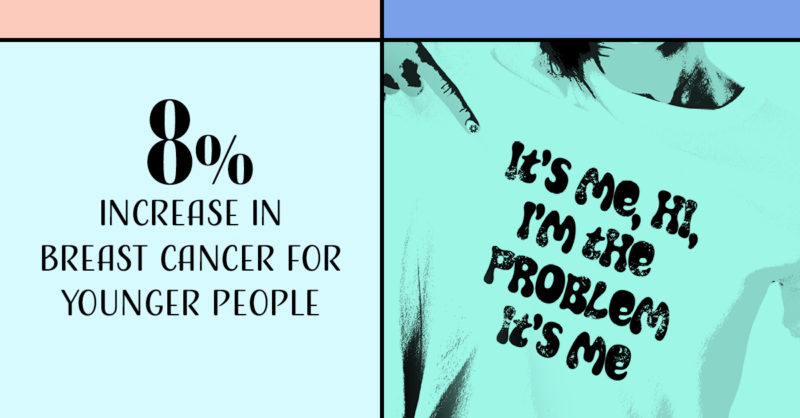
Calls for a new era
Societies whose members are experts in women’s health not only recommend that screening begin at 40 but that a risk assessment be performed at age 25 to determine the right age to commence mammography screening or cancer prevention interventions.
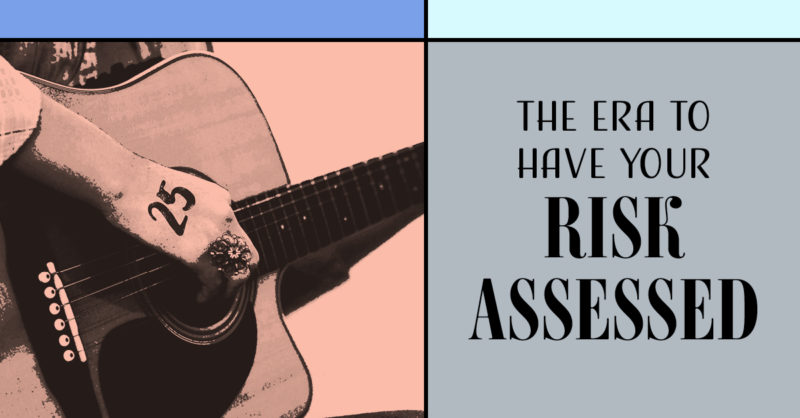
Know your risk factors
All people are at risk for getting breast cancer, but some things can raise your risk for getting breast cancer younger.
Don’t keep your family history in a vault and be sure to talk to your doctor about other risk factors.
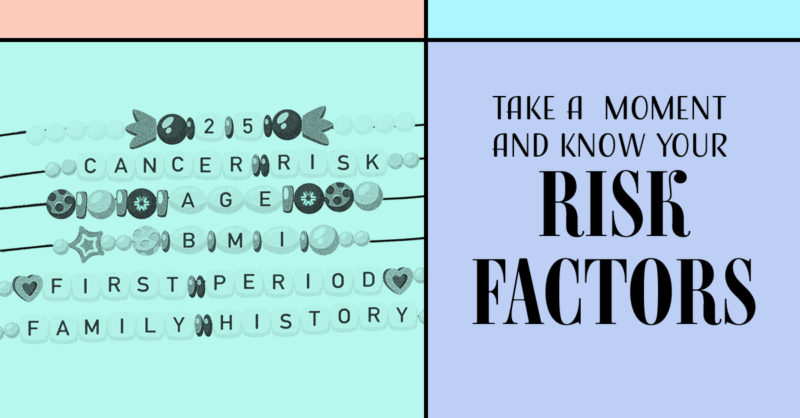
Discuss with your doctor
Without a comprehensive risk assessment, it is impossible to know whether a person falls into an “average” or “high” risk category unless their medical or family history makes it obvious.
Risk assessment should be a regular part of all wellness visits to primary care or obgyn physicians.
When young people demand breast cancer risk assessment as part of their passage from childhood to adulthood, far fewer will suffer – and die – from late-stage breast cancer.
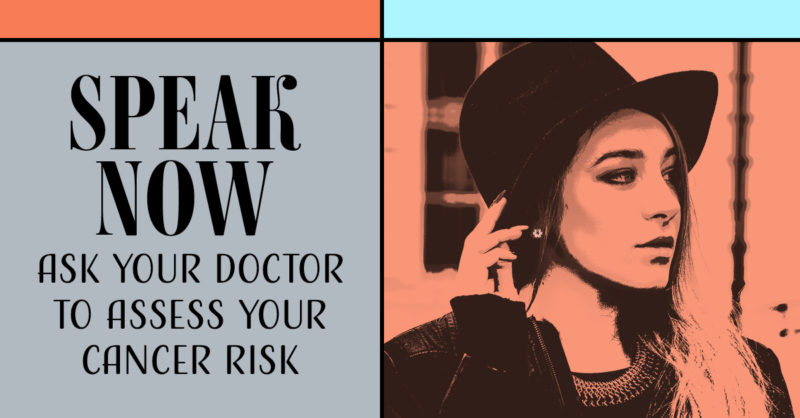
"In our risk assessment era" poster
Nothing better than a squad empowered with personal health info
Disclaimer: The content on this site is for informational purposes only. The content is not intended to be medical advice, diagnosis, or treatment, or a substitute for such advice, diagnosis, or treatment. You should always consult with your healthcare provider for medical advice, diagnosis, and treatment, including your specific medical needs. Volpara Health does not recommend or endorse any specific methods of supplemental screening or treatment.

